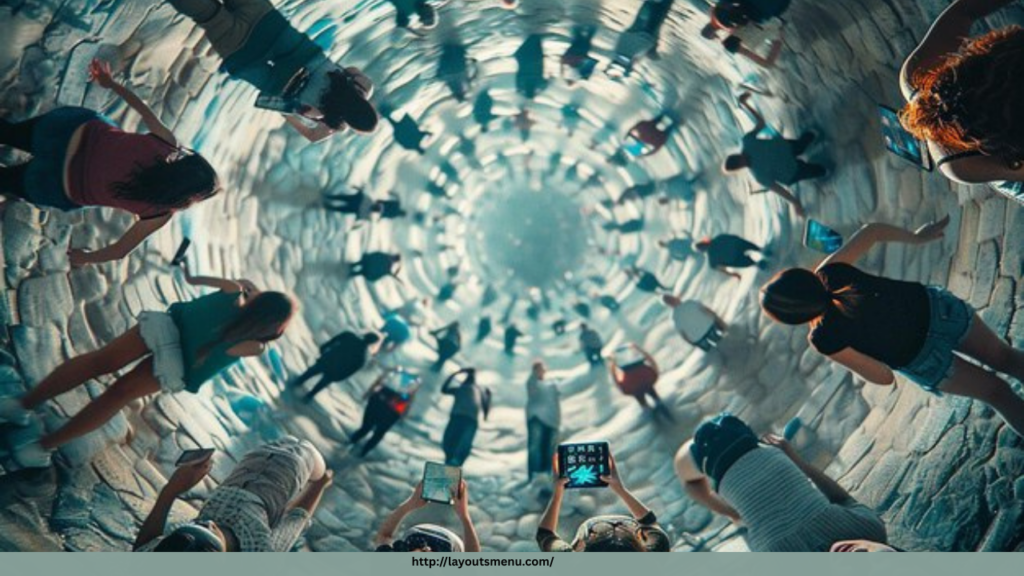
In today’s hyper-connected world, social media has woven itself into the fabric of our daily routines. Platforms like Instagram, Facebook, TikTok, and X (formerly Twitter) are no longer just places for socializing; they have become digital ecosystems that influence how we think, feel, and behave. While these networks offer opportunities for connection and self-expression, they also create a powerful pull that consumes vast amounts of our time and attention.
The Time Sink Effect
One of the most profound impacts of social media is how it distorts our perception of time. What starts as a quick check of notifications can easily spiral into an hour-long scroll session. This is not coincidental—platforms are meticulously engineered to keep users engaged for as long as possible. Infinite scroll, autoplay videos, and algorithmic feeds are designed to eliminate stopping cues and deliver content that aligns with our interests and habits.
This time sink effect often comes at the cost of productivity, personal growth, and even relationships. Hours spent online can take away from real-world responsibilities, hobbies, and meaningful interactions. Over time, users may begin to feel regret or guilt about the time lost, further contributing to stress and mental fatigue.
Hijacking Our Attention
Social media platforms are in constant competition for one thing: our attention. The attention economy thrives on user engagement, which translates to advertising revenue. This has led to an arms race where platforms use increasingly sophisticated algorithms and psychological tricks to capture and retain our focus.
Notifications, trending topics, and emotionally charged content are all tools in this battle for attention. Each ping, buzz, and red badge is a prompt that triggers a need to respond. The result? A fragmented attention span, making it difficult to concentrate on tasks that require sustained focus.
Over time, this constant stimulation rewires our brains. Studies have shown that heavy social media users experience reduced attention spans and difficulty with deep thinking. The mental clutter from continuous exposure to digital content can hinder creativity and problem-solving.
The Impact on Mental Well-Being
As social media monopolizes more of our time and attention, it also affects our mental health. Constant comparison to others’ curated lives can lead to feelings of inadequacy, anxiety, and depression. The fear of missing out (FOMO) drives users to stay online longer, even when it detracts from their own peace of mind.
Furthermore, the inability to disconnect fosters a state of digital dependency. Many people find it challenging to be present in the moment, as their minds are constantly pulled back into the virtual vortex.
Reclaiming Control
Breaking free from the grip of social media requires intention and discipline. Here are a few steps to regain control:
- Schedule social media time rather than checking it impulsively.
- Turn off non-essential notifications to minimize distractions.
- Engage in offline activities such as reading, exercise, or in-person conversations.
- Practice mindfulness to become more aware of your digital habits.
Recognizing how social media consumes our time and attention is the first step toward regaining balance. By setting boundaries and being mindful, we can navigate the virtual world without losing ourselves in it.